IO+ therapeutics treat solid tumor cancers by simultaneously attacking multiple vulnerabilities.
The IO+ Pipeline
Lead first-generation therapeutic, CYT-6091, carries high-dose TNF alpha. A clinical trial agreement for a phase 2 study has been signed with the NCI.
Several promising second-generation candidates that carry multiple therapeutics on the same nanoparticle have been formulated and are being evaluated in preclinical studies. Second-generation assets combine multiple agents that target to solid tumors, remodel the tumor micro-environment, activate critical immune components, and kill cancer cells through multiple mechanisms of action.
1st Generation Assets
Single therapeutic delivered on an engineered gold nanoparticle
Passive and active targeting results in improved tumor uptake
Adsorbed water molecules reduce immune elimination
Binding chemistries prevent therapeutics from falling off particle
Designed for targeted, high dose delivery of biologic cancer therapeutics
2nd Generation Assets
Multiple therapeutics delivered on an engineered gold particle
Ideal for combinations of small molecule and complex biologics
Several entities may be bound to a single particle
Patented chemistries allow for rapid, slow, or no release inside the tumor micro-environment
TNF alpha delivered on every particle provides targeting and TME disruption to support entry into the tumor
A Diverse Pipeline of IO+ Therapeutics
IO+ Therapeutic Animal and Human Studies
Successful in Many Cancer Models
Animal studies suggest that the IO+ platform has the potential to treat nearly any solid tumor. Due to the multi-functional nature of TNF alpha, the platform can increase the intra-tumoral concentration and improve the efficacy of nearly any therapeutic while reducing off-target adverse effects.
Studies have been conducted in dozens of tumor models with multiple therapeutic agents administered independently, in combination, and simultaneously on the same particle.
Success has been demonstrated in xenograft and genetically engineered tumor models of cancers of the breast, lung, colon, skin, thyroid, and pancreas. Therapeutic agents delivered in vivo in preclinical studies of the IO+ platform have included immuno-oncology drugs, small molecule chemotherapies, and precision medicines.
Data presentation available in confidential setting. Contact us to learn more.
Early Success in Clinical Trials
The phase 1 clinical trial of CYT-6091 demonstrated safety and tumor targeting in patients with a diverse set of tumors including pancreatic ductal adenocarcinoma, breast cancer, and colon cancer. The company recently signed a clinical trial agreement with the National Cancer Institute (NCI) to conduct additional clinical studies.
The NCI has agreed to support and conduct studies beginning in that will include a phase 2 clinical assessment of CYT-6091 in combination with nab-paclitaxel (Abraxane). Patient populations will include late stage endocrine cancers of the pancreas and thyroid.
Prior to these studies the NCI will conduct an imaging study that will be used to verify targeting and TNF alpha-induced vascular disruption at the site of disease.
We are currently exploring opportunities to conduct additional clinical trials.

